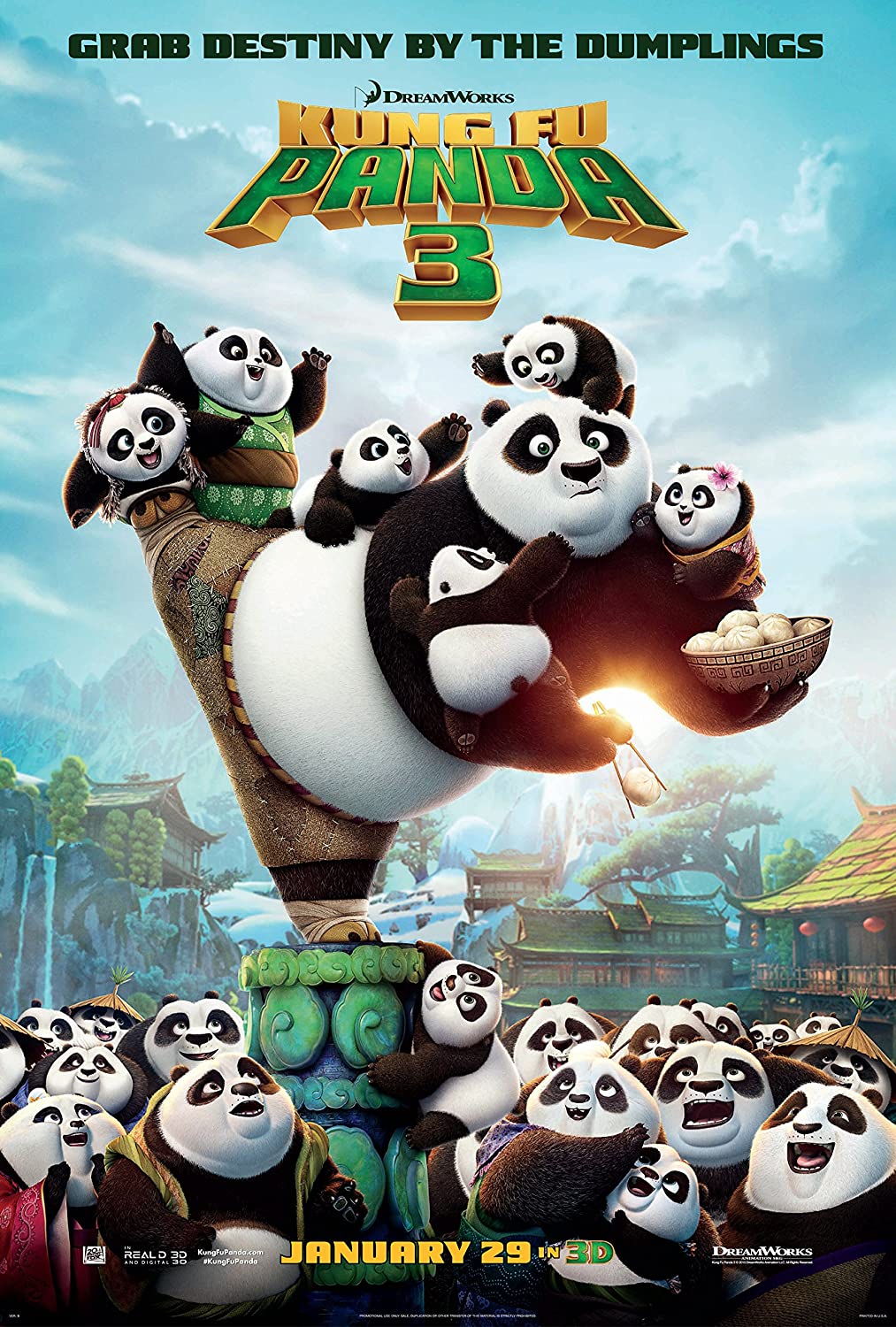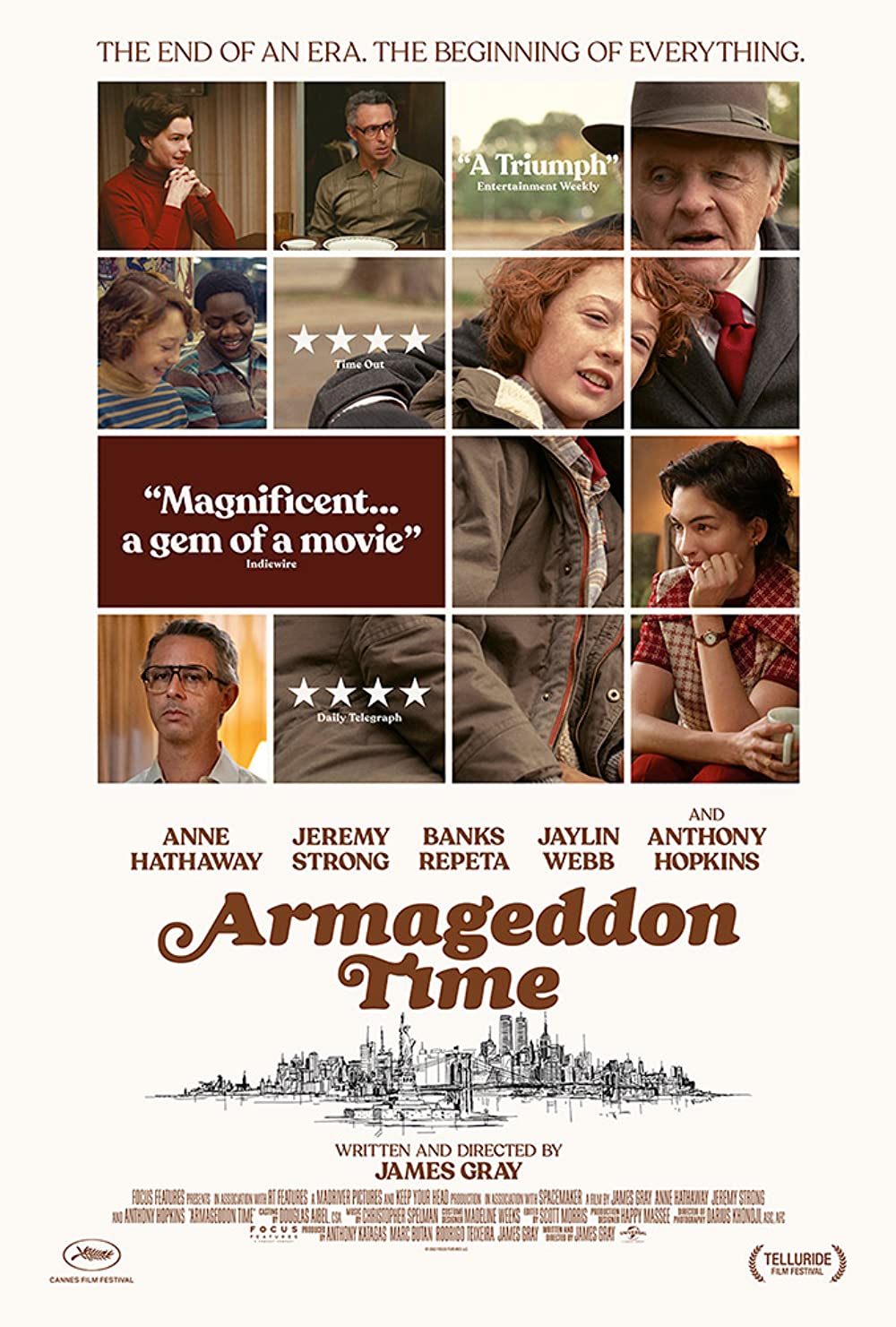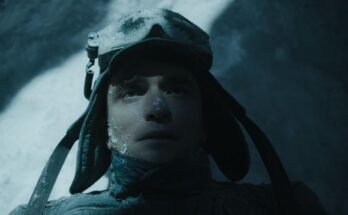Want to hear more from the actors and creators of your favorite shows and films? Subscribe to The Cinema Spot on YouTube for all of our upcoming interviews!
Managing editor & film and television critic with a Bachelor's of Arts in English Literature with a Writing Minor from the University of Guam. Currently in graduate school completing a Master's in English Literature.
Music is ubiquitous and omnipresent, as well as almost omnipotent, so we were honored to have spoken with Cheryl X. Wang (she/her) back in late-January about its functions in both film and television. As a queer woman from Asia, she has worked on projects such as Ti West’s X, the first in a trilogy alongside Pearl and the upcoming MaXXXine; Emily Wachtel, Stewart Stern, and Ethan Hawke’s HBO Max Original limited documentary series, The Last Movie Stars; James Gray’s coming-of-age drama film, Armageddon Time; and more. Wang has been working in the film industry for some years now.
Our Managing Editor, John Tangalin, conducted a Zoom interview with her to discuss representation, not only in film and television, but in music as well.
Minor spoilers aheads for the three aforementioned titles, along with other projects that Wang currently has in her bag.

Beginnings
John Tangalin: According to your IMDb page, not only are you a music supervisor, but you also do music coordination. What is the difference between the two?
Cheryl X. Wang:
They’re basically on the same team. We all work in the music department for music supervision. We do music clearance and pitch music to the director and producer(s) and take care of the budget and work with the post[-production] team, just making [sure] everything is on the timeline.
[The] music coordinator works for the music supervisor. We definitely took care [of music] more on the clearance side, but we also engage in creative pitching. It’s the same thing, but [the] music supervisor is kind of the leader of the team.
JT: And this is around the time of X?
CXW: I joined the project kind of a little bit late in the process and I was just doing the final clearances, but it was such a good project [which involved] a little bit creative finding music that was released before 1979 because that’s when the film [took place]. It was a pretty cool, early experience.
Producing and Directing
JT: You do deal in music, but you also do [film] producing and directing, right?
CXW: Yeah, I graduated from Columbia’s film MFA program last year. I came to [the college] in 2018. Before that, I was working in film distribution in China. I didn’t go to film school in college; I studied accounting. My career started as an accountant on Kung Fu Panda 3, and then I worked in film distribution on IMAX. When I applied for film school, I wanted to finally get seriously [into the] film business.
I got in[to] Columbia and my concentration was film producing; creative producing, that’s what they call it. In school, I just took my time, produced short films, working with film school directors [and] writers. That’s where my producing experience come[s] from. I would love to keep doing producing and music supervision, but I think I definitely need to focus on one thing [at a time].
JT: And you did directing at one point?
CXW: [It was] one of the first-year film[s] that we did at Columbia, but it took years to edit because [of the COVID pandemic].
Starting with Animation
JT: You did accounting for Kung Fu Panda 3. What was that like?
CXW: It was my first job after college. I [didn’t] know what I want[ed] to do. I do not wanna just go to an accounting firm and build my career out of that. Before graduation, I took an internship at [the] CNBC Shanghai office. That was a TV distribution, and that was my first-time exposure to [the] entertainment industry [and] entertainment space. That five-month, very intense experience gave me a lot of thoughts [that] I wanted to explore more in that realm. I applied for accounting accountant.
It [was] called Oriental Dreamworks. It was a joint venture between Chinese investors and Dreamworks Animation. We did Kung Fu Panda 3. I [was] there for six months still in the finance department. It was not really deeply involved with [the] production, but we could take care of the different teams from the distribution team [to the] animation team, and marketing team, basically overseeing the whole budget for the project. I was [the] junior accountant, so I was in the office, just getting to learn what each item is. It was [a] great experience, and I got my first on-screen credit, but I definitely wanted more from the involvement of the project, so I left.
Cheryl X. Wang’s Work with Short Films
JT: Where can we find some of your past projects, including your short films?
CXW: The short films definitely came because [of] school, and Columbia really encourages students [to do it]. Also, it’s a part of the graduation requirement. You have to make short films before you graduate. To find collaborators, we have a lot of [what] we call Development Fair. Columbia has a seven-minute pitching between directors and producers. Then, after that, we will find the right partners to collaborate [with].
For the music supervision projects—I’m right now freelancing in New York but most of the time I have a mentor, Joe Rudge. We basically work as a team on some projects. Whenever he needs anything, I would just be like, “Hey, I’m here. I can do this.” I learned so much from him, and I would love to keep it going too.
Armageddon Time
JT: Let’s talk about Armageddon Time, in which you served as the assistant music supervisor. Now that was a great film that came out in [October] of last year.

The film begins with disco, faintly playing as the other kids are at the gym. Because [the music is] more really backgrounded, you can’t really hear it—this [film] takes place in 1980?
CXW: Yeah, in Queens.
Down with Disco?
JT: So the film is saying goodbye to disco, the disco era, right?
CXW: Yeah, so I think it was in ’78 or ’79. There was a disco demolition—what’s the word?—[or] nightmare in Chicago in [a] football game or something, or in a stadium. People just burned all the disco records as a sign. … I remember, I read it. It was a rebellio[us] act of like, “We do not want disco anymore.” Around that time, on the radio, and the major cultural climate, they were rejecting disco [music]. That’s why the kid is like, “Wow, they’re still playing the disco shit”.
JT: And then we have Paul Graff, the kid, played by Banks Repeta, when he’s coming home and there’s soothing music, the strumming of the guitar. Now, we don’t have disco, but we can say that jazz is coming into this era. But it was always there [since the] 1920s.
CXW: You mean in the kitchen, [where] they’re in the house preparing for the dinner? (Yeah.) Yeah, we went for the guitar jazz, bossa nova kind of vibe. It was director James Gray’s preference, and we definitely went for that—suitable for more [of] a family gathering [atmosphere].
“Fairytale in the Supermarket”
JT: Shortly after that, we have the dad—Irving Graff, played by Jeremy Strong. I know many other people including yourself are into Succession. He’s dancing along to “Fairytale in the Supermarket” [by the Raincoats]. How did you come up with [that song]? The 1980s—that was the era of [where] rock [music] was getting huge.
CXW: Because this film is based on the director’s personal memory [of] childhood, that’s what he listened to—post-punk, very edgy music, rock music. We thought about using The Clash, actually, but then, later on in the process, we started exploring other options and we were given notes from the director. He wanted really some edgy different music that [was] just not regular rock music. Joe [Rudge] and I would work together, we would brainstorm, and we felt [it was] the right choice. That’s such a good song and work[s] perfectly.
“Love Rollercoaster”
JT: When the students are going to the art museum and then two of them are ditching the field trip, you have “Love Rollercoaster”, which is—it’s one of those songs that I’ve heard before in film. I don’t know if you’ve seen Final Destination 3, where the girls are—
CXW: Oh, the opening [scene] was a rollercoaster, right?
JT: Yes! Have you seen the scene where the two girls are in sun tan? (Yes, yes.) They were playing that song. They were like, “Okay, well, we need something to tan to”, and so they used that.
Versatility in Music
JT (con’t): I’m kind of curious—do you think music should be specific to one kind of film? Or do you believe that it should be applied to more than one [film]? There [are] some songs that you hear in a lot of movies, and they keep recycling songs.
CXW: I definitely believe in music as versatile as what people see in film. They have different understandings of what [the] story is about. I think the music’s the same. It could be using [a song] in a lot of different contexts.
When we go for “Love Rollercoaster”, … we were definitely going for something that’s right for the time [the 1980s] and right for [the] flamboyant kind of New York life that the kids never experienced before. Funk is huge around that time. Ohio Players [is] one of the greatest funk band[s], and “Love Rollercoaster” is such an iconic song. We’re very glad we get to use that song.
But I definitely believe the song and other songs could be used under other different contexts. “Love Rollercoaster” also is very edgy [and] has a big energy. In the sun tan salon, that could definitely work—spooky. I definitely believe, especially when you work in music supervision, when you work with the picture, it could really open up a lot of different ideas. I think music is very versatile. You can use a lot of different music, different genres.
JT: Yes, I agree with that!
Inspiration Behind Armageddon Time‘s Title
JT (con’t): The Clash’s “Armgideon Time” plays when Paul Graff and Johnny Davis [portrayed by Jaylin Webb] are going through the adrenaline rush of—I should spoil it since it’s already been out a while now—stealing a computer in Paul Graff’s classroom. This is a part in the film where, in the ’80s, computers weren’t really a common thing back then, which is why they steal it to get a lot of money from that.
CXW: It’s kind of a rare thing, but because he went to private school, it’s enjoyed by those rich kids.
JT: [“Armgideon Time”] dies down when they’re about to sell the computer. That song is a fast-paced song. Did you use that song to [depict the fact that], when it cuts off, we see that there’s the reality of the two kids wanting to escape the situational, harsh reality of their world … to a fantasy?
CXW: Yeah. Personally, I definitely see that whole sequence of planning to [go to] school, steal the computer, and then go to the power shop. That whole thing is the climax for the kids to reach a point [where] there’s no way going back. This song is also the director’s choice and it was just the perfect, the perfect choice.
We actually used a song at the beginning of the film when you see the opening title. We hear some Joe Strummer kind of vocal in the background. Then we have the session between Paul Graff and the teacher in the private school. And he was like, “Sometimes I just wanna run away. I get angry”. That’s … the second time we are hearing the song. And then we have the whole sequence [where the two boys are] stealing the computer.
“Armagideon Time”
CXW (con’t): This song is performed by The Clash, but it was a cover of a reggae song around 1980. The reggae music spirit is a big part of The Clash identity. I think that a little bit despair, a little bit of rebellious spirit fits perfectly for those two kids who just trying to navigate, “Why the world is treating us like shit and what [can we] do?” But they don’t know really how, so I think the music perfectly captures the turmoil internally. Also, [it is] just a very cool song. Then a song we hear at the end at the Thanksgiving party at school—[Graff leaves] and then we hear the music again.
I think the most important music drop of the whole film is definitely the song, “Armagideon Time”. We mixed it with a dub version of [an] extended version [consisting of] more drum and extended bass. We would basically just mix the two songs together—with some instrumental going on first to build up the whole tension, and then we have “Armagideon Time” to have the lyrics give all the energy out. It was a very, very cool process to work on those two songs. Incredible, and perfect choice by the director.
JT: Yes. I agree. “Love Rollercoaster”—I love how wild and free those kids are when they [believe], “We don’t wanna be in this boring field trip”. That was a good inclusion of that song.
Was the film always titled, Armageddon Time?
CXW: Yes, that was decided at the beginning.
On the next page, we talk about Wang’s work on The Last Movie Stars.





8 Comments on “The Cinema Spotlight On… Cheryl X. Wang — Music Coordination, Supervision, And More (Interview)”